
Student Behaviour & Learning Problems
Children often deal with situations where they develop problems with family or get influenced by their peers. These problems result in difficulties in learning and behavior. These children develop attention deficit problems, anxiety, etc.
Here at Divinity heals, we use different forms of therapies to help children tackle these problems.
Early Childhood Parenting
Parenting is a process that prepares a child for independence. There exists a variety of parenting styles but not every style proves to be fruitful for different children. Parenting styles influence a child’s behavior and emotional orientation. Dealing with the issues of early childhood parenting is important to developing a healthy mindset in children.
We aim to help families resolve issues of parenting.
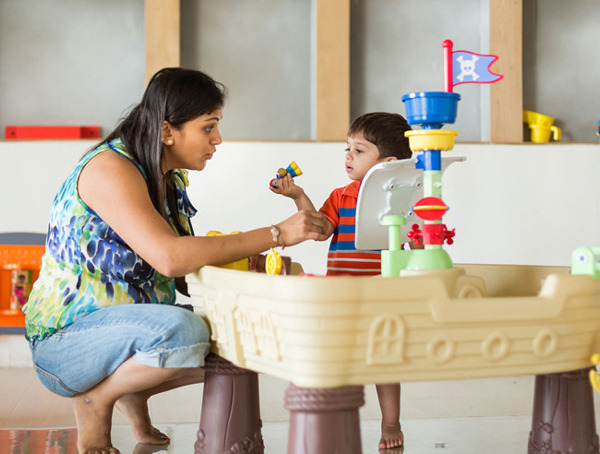
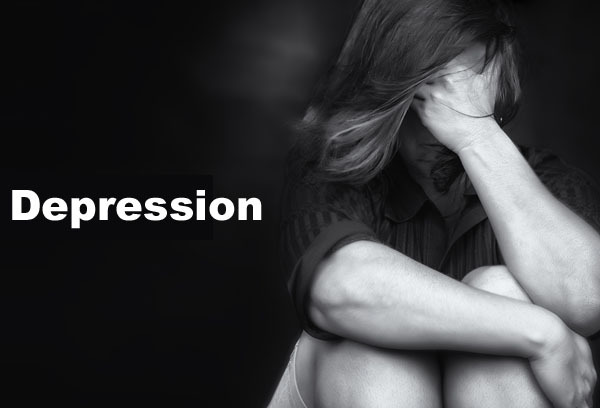
Counseling for Depression, Anxiety, Stress, Phobias & Anger
Depression
We all often experience feelings of sadness, loss, or anger. But when these feelings interfere with our everyday activities, it’s called Depression.
Some symptoms or signs of depression can be-
- Feeling sad, anxious, or empty.
- Crying a lot.
- Feeling hopeless, worthless, and pessimistic.
- Appetite or weight changes.
- Thoughts of death, suicide, self-harm, or suicide attempts.
- Chronic physical pain with no clear cause does not get better with treatment.
- Decreased energy or fatigue.
- Loss of interest in things you enjoyed; etc.
Anxiety
Anxiety is a normal emotion. It’s your brain’s way of reacting to stress and alerting you of potential danger ahead. Everyone feels anxious now and then. But when this anxiety starts to meddle with your functioning, it’s time to seek professional help. Common signs and symptoms of anxiety are-
- Increased heart rate.
- Rapid breathing.
- Restlessness.
- Trouble concentrating.
- Difficulty falling asleep.
Your anxiety symptoms might be totally different from someone else’s. That’s why it’s important to know all the ways anxiety can present itself.
Stress
Stress is a feeling of emotional or physical tension. It can come from any event or thought that makes you feel frustrated, angry, or nervous. Stress is your body’s reaction to a challenge or demand. In short bursts, stress can be positive, such as when it helps you avoid danger or meet a deadline. But extreme stress, which is difficult for your mind and body to cope with, takes a toll on you. Common signs of stress are:
- Difficulty breathing
- Fatigue
- Panic attacks
- Sore eyes or blurred eyesight
- Sleep problems
- Muscle aches or headaches
- Sudden weight loss or gain
- Sweating, etc.

Personality Development
Personality development refers to the process by which the organized thought and behavior patterns that make up a person’s unique personality emerge over time. Personality development not only makes you look good and presentable but also helps you face the world with a smile. Personality development goes a long way in reducing stress and conflicts. It encourages individuals to look at the brighter sides of life. Face even the worst situations with a smile.
Relationships, Love & Marriage Counselling
Relationships and love are necessary and beautiful. But sometimes, there arise some situations that bring the bond between two people down. Relationship counseling is a type of psychotherapy. This type of counseling helps couples of all types to explore, recognize, and resolve conflicts in an effort to improve their relationships and interactions.

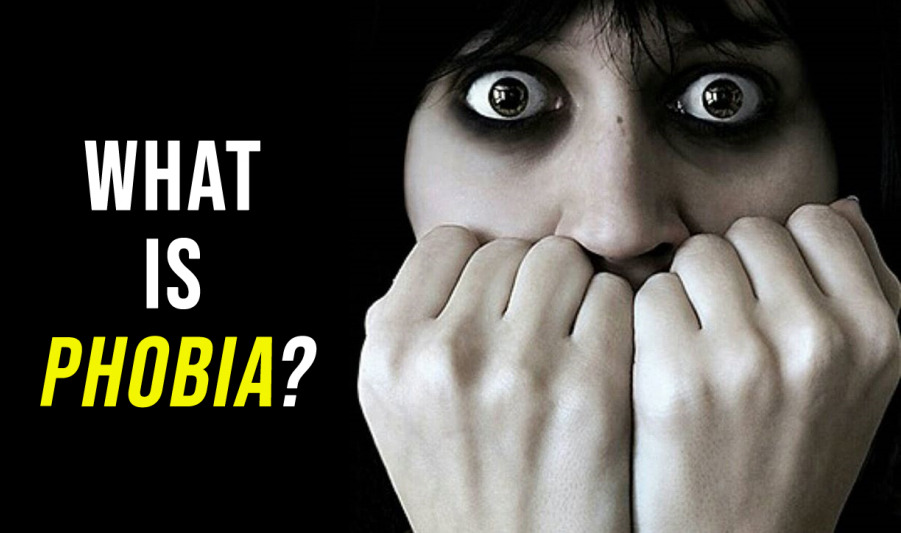
Phobia
A phobia is an exaggerated and irrational fear. There are 3 categories of phobias-
A. Specific phobias- This is an intense, irrational fear of a specific trigger. Specific phobias are known as simple phobias as they can be linked to an identifiable cause that may not frequently occur in the everyday life of an individual, such as snakes. These are therefore not likely to affect day-to-day living in a significant way.
Phobia
B . Social phobia- This is a profound fear of public humiliation and being singled out or judged by others in a social situation. The idea of large social gatherings is terrifying for someone with social anxiety. It is not the same as shyness.es of phobias.
C. Agoraphobia- This is a fear of situations from which it would be difficult to escape if a person were to experience extreme panic, such as being in a lift or being outside of the home. It is commonly misunderstood as a fear of open spaces but could also apply to being confined in a small space, such as an elevator, or being on public transport. People with agoraphobia have an increased risk of panic disorder.
A phobia becomes diagnosable when a person begins organizing their lives around avoiding the cause of their fear. It is more severe than a normal fear reaction. People with a phobia have an overpowering need to avoid anything that triggers their anxiety.
Common signs and symptoms of phobias are.
d. sensation of uncontrollable anxiety when exposed to the source of fear e. A feeling that the source of that fear must be avoided at all costs
f. Not being able to function properly when exposed to the trigger
g. Acknowledgment that the fear is irrational, unreasonable, and exaggerated, combined with an inability to control the feelings
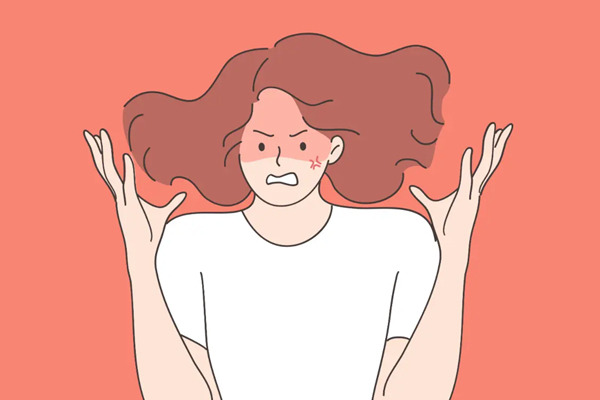
Anger
Anger is an emotion characterized by antagonism toward someone or something you feel has deliberately done you wrong. Anger can be a good thing. It can give you a way to express negative feelings, for example, or motivate you to find solutions to problems. But excessive anger can cause problems.
Anger management is a psycho-therapeutic program for anger prevention and control. It has been described as deploying anger successfully. Anger is frequently a result of frustration, or of feeling blocked or thwarted from something the subject feels is important.
Art & Music Therapy
Music and art therapy have become established as effective treatment methods for mental disorders. The methods of creating art and making music promote inner perception, open paths of Access, and enable forms of expression to interact with oneself and one’s environment without having to speak.
Music therapy uses primarily the non-verbal medium of music. It allows feelings that are difficult to put into words to be expressed in active music-making and behavior patterns to be reflected in the music. This promotes interpersonal exchange and emotions or behavior can be explored, understood, and processed.
Art therapy addresses the basic human need to express oneself creatively. Through the artistic material and working with paint and brushes, pictures, Feelings, and thoughts literally take shape. They become tangible, comprehensible, and subsequently changeable. An opportunity develops to get in contact with one’s environment and to create a kind of relationship. Joint, neutral viewing of the picture assists the patient to understand herself/himself better and employing self-healing capabilities. Thus, art therapy is psychotherapeutically oriented, focusing on the inner psychological and biographical aspects of the patient.
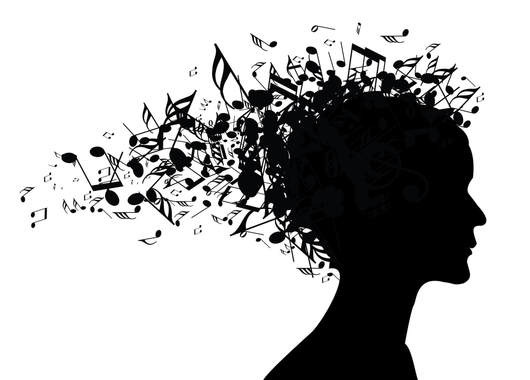
Family Counselling
Family counseling is a therapeutic approach that addresses challenges within family dynamics. A trained counselor works with family members to improve communication, resolve conflicts, and strengthen relationships. This collaborative process helps identify and navigate issues such as parenting difficulties, communication breakdowns, or major life transitions. By fostering understanding and providing tools for effective communication and problem-solving, family counseling aims to create a healthier and more supportive family environment, promoting the overall well-being of each family member and the family unit as a whole.


